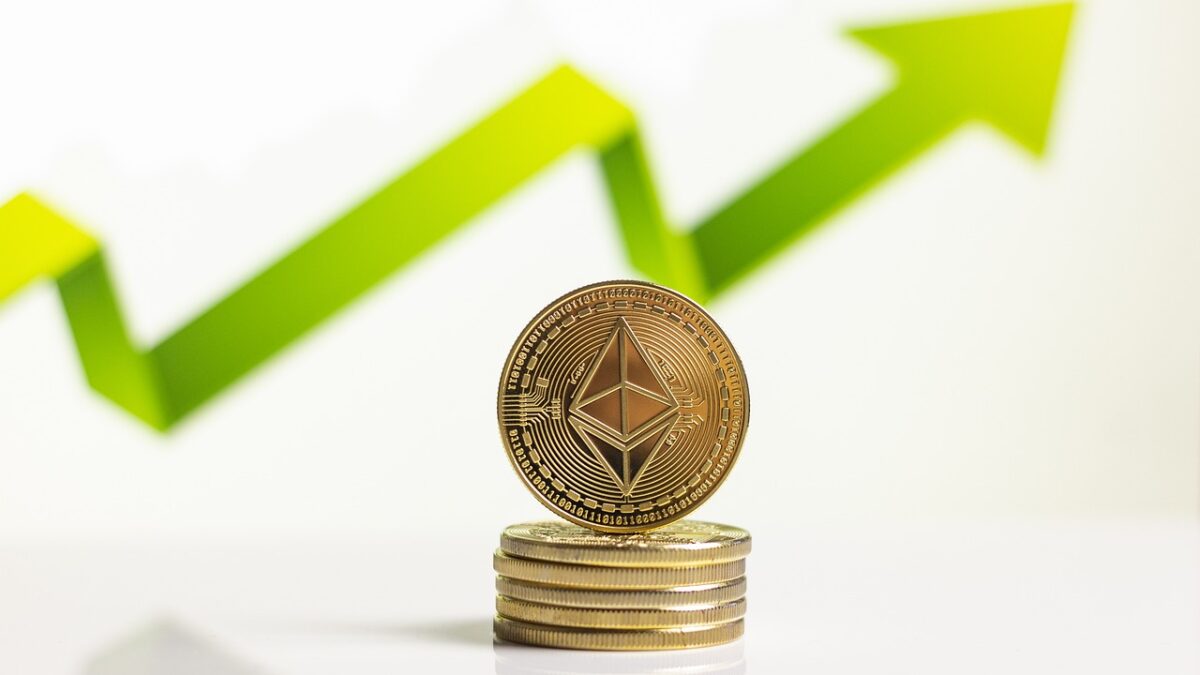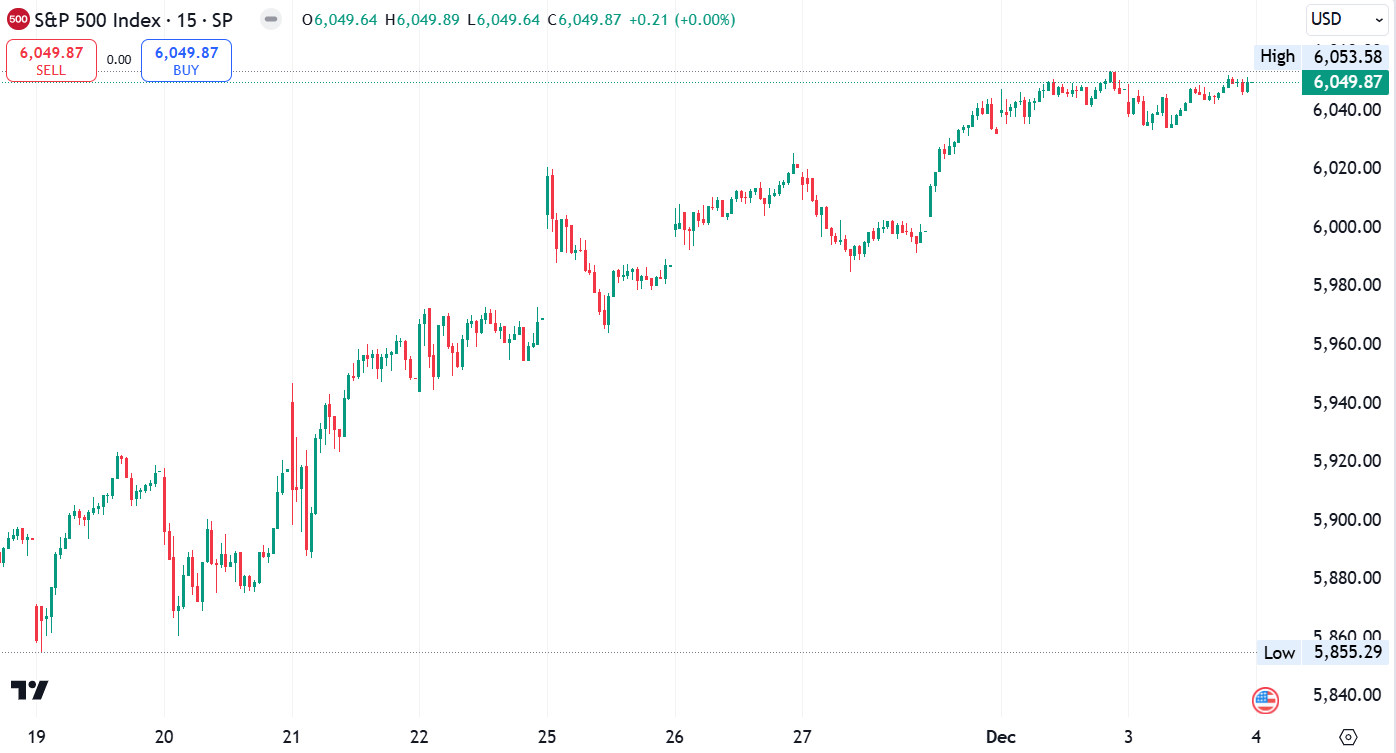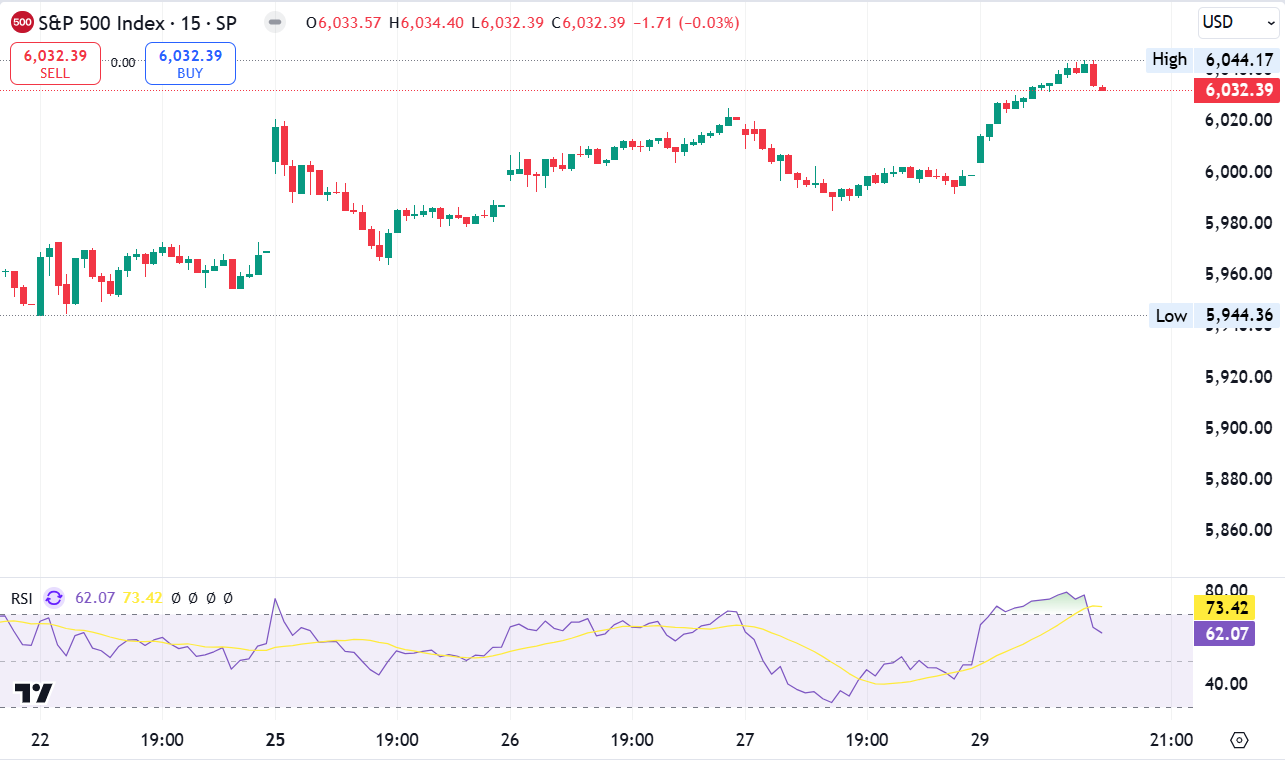Ethereum Transaction Delays: Causes and Solutions

Ethereum Transaction Delays: Causes and Solutions
If you have an Ethereum wallet, chances are you have encountered a long-running transaction. Even a simple transaction can easily get stuck in limbo. It’s an issue that many users face, with some reporting waiting for several hours, hoping miners will finally process their transaction.
In this comprehensive guide, we look at the factors affecting Ethereum transaction times, such as converting 5 ETH to USD, and offer insights on how to speed up confirmations.
Average Time for Ethereum Transactions
Ethereum transaction times can vary significantly depending on the sender’s set gas price and prevailing network conditions. The variation can range from as little as one minute to as much as four hours. A confirmation duration of less than a minute indicates very high gas prices, and that of one to 15 minutes is common for wallet-to-wallet transfers. However, when the network is busy, confirmation can take up to one hour. If a transaction occurs during peak times and has a low gas price, expect to wait for one to four hours. Waiting over four hours is unusual and usually indicates a problem.
What Causes Ethereum Transaction Delays?
Have a look at some of the factors that can cause a delay in your Ethereum transactions:
Network Congestion
Increased traffic can overwhelm the Ethereum platform, slowing down transaction confirmations. This often happens when there is increased activity, for instance, when there is a popular token sale or significant movements in the market. When this happens, the amount of pending transactions could spike and cause a backlog.
Gas Price
If you are the sender in an Ethereum transaction, the gas price you set can impact the confirmation time. If you set higher gas fees for your transactions, miners prioritize it over the other transactions with lower fees, as a higher fee means more profit for them.
Blockchain Size
As the Ethereum network continues to expand in size, processing and confirmation of new transactions takes longer. This is because every block in a blockchain has a limited capacity to include transactions. So, if there are several pending transactions, some may have to wait for the next block to be confirmed.
Network Latency
Another cause for delays in Ethereum transactions could be issues with network connectivity. These issues can increase the time it takes for information to traverse from one node to another in the network, causing delays.
Smart Contract Complexity
Processing and confirmation of transactions that involve complex smart contracts may take a longer time. This is because these transactions require more computational resources.
Other factors that could cause delays in Ethereum transactions include network upgrades, exchange issues, inadequate gas limits, and low mining activity.
Solutions for Ethereum Transaction Delays
There are several steps you can take to deal with delays.
Set Sufficient Gas Fees
Assigning the appropriate gas fee to your transaction helps miners prioritize it over others and process it faster. When setting gas fees, ensure you strike a balance between cost and speed. While high fees can be costly, they will result in faster confirmation times. Low gas fees, on the other hand, will save you money, but that translates to longer confirmation times.
Select the Right Transaction Time Window
To avoid delays, consider carrying out your transactions when the network is less congested, usually during off-peak times. This way, you won’t have to compete with other users trying to get their transactions confirmed.
Utilize Transaction Accelerators
You can fasten your Ethereum transaction’s confirmation time by using transaction accelerators. By paying an extra fee, you can access services that allow miners to prioritize your transaction. This way, you won’t have to deal with the long transaction times.
The post Ethereum Transaction Delays: Causes and Solutions appeared first on FinanceBrokerage.



